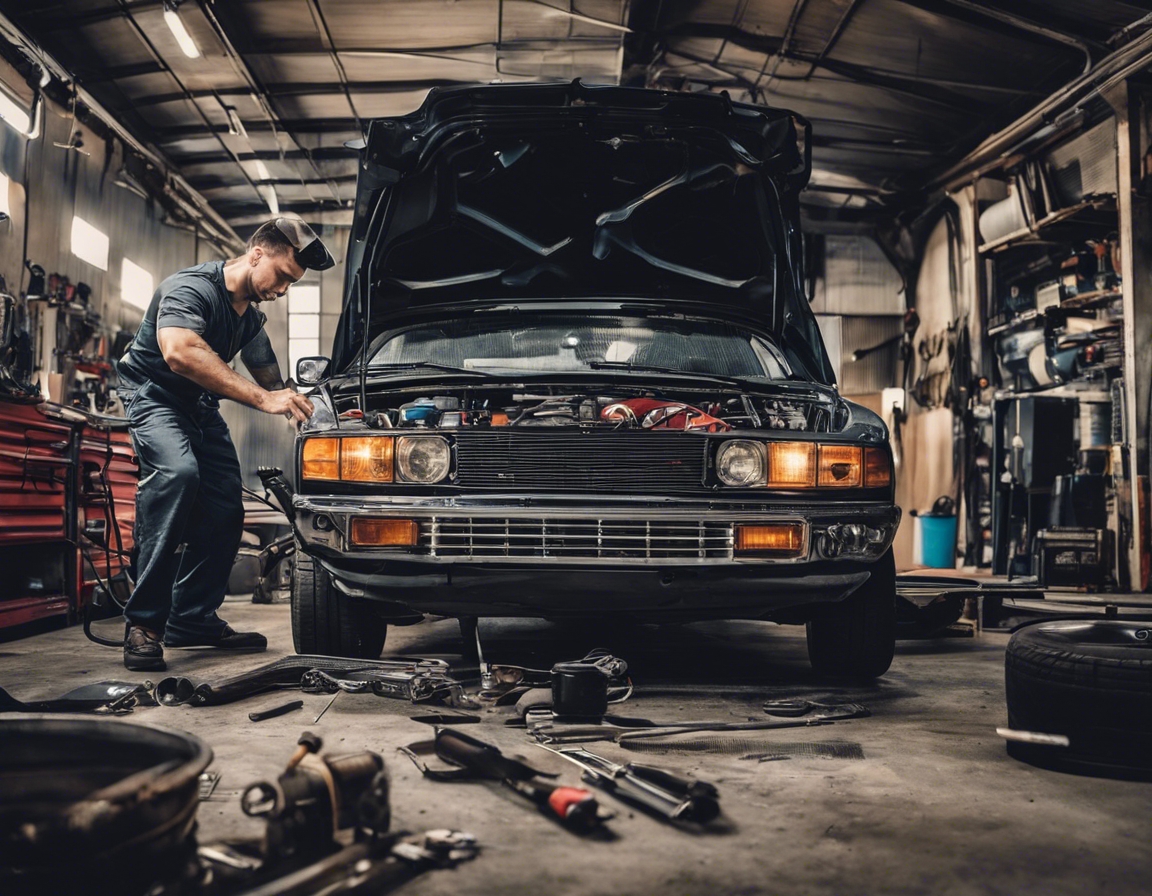The ultimate guide to maintaining your car for longevity
Maintaining your car is crucial for ensuring its longevity and reliability. Regular maintenance can prevent costly repairs, enhance performance, and ensure your safety on the road. By adhering to a consistent maintenance schedule, you can also preserve your car's resale value and reduce the overall cost of ownership.
Every car has its own set of requirements when it comes to maintenance. It's important to familiarize yourself with your vehicle's specific maintenance schedule, which can be found in the owner's manual. This schedule outlines when to perform various maintenance tasks based on mileage or time intervals.
Essential Car Maintenance Tips
Oil is the lifeblood of your engine, and regular oil changes are one of the most important maintenance tasks. Old oil can lead to increased friction, overheating, and eventually engine failure. It's recommended to change your oil every 3,000 to 5,000 miles, depending on your vehicle and the type of oil used.
Filters play a key role in keeping contaminants out of your engine and cabin. The air filter, oil filter, and fuel filter should be checked regularly and replaced as needed to ensure optimal performance and fuel efficiency.
Various fluids are essential for the operation of your vehicle, including coolant, brake fluid, power steering fluid, and transmission fluid. These should be checked regularly and topped off or replaced according to your vehicle's maintenance schedule.
Belts and hoses are critical to the functioning of your engine's cooling, charging, and air intake systems. Inspect them for signs of wear, such as cracks or fraying, and replace them if necessary to avoid breakdowns.
Brakes are vital for your safety, and their components, including pads, rotors, and fluid, should be checked regularly. If you notice any changes in braking performance, such as squealing noises or a spongy brake pedal, have your brakes inspected immediately.
Properly maintained tires are essential for safety, fuel efficiency, and handling. Regularly check your tire pressure, tread depth, and look for any signs of damage. Rotate your tires according to the manufacturer's recommendations to ensure even wear.
The battery is the heart of your car's electrical system. Keep the battery terminals clean and free of corrosion, and have the battery tested periodically to ensure it's holding a charge.
Seasonal Car Maintenance
Winter weather can be harsh on your vehicle. Prepare by checking your antifreeze levels, ensuring your heater and defroster work properly, and considering winter tires for improved traction.
High temperatures can affect your car's performance. Make sure your air conditioning is functioning, check your coolant levels, and protect your car's exterior with regular washes and waxing.
Advanced Maintenance Techniques
Modern vehicles come equipped with advanced diagnostic systems that can alert you to potential issues. Familiarize yourself with these systems and use them to stay ahead of maintenance needs.
Understanding how to troubleshoot common mechanical problems can save you time and money. Learn the signs of issues like misfires, overheating, and transmission problems so you can address them promptly.
For those looking to improve their vehicle's performance, consider upgrades like high-performance filters, synthetic oils, and upgraded ignition components. These can enhance efficiency and power output.
Professional Maintenance and Services
While many maintenance tasks can be done at home, some require the expertise of a professional. If you're unsure about a repair or maintenance task, it's best to consult with a trusted mechanic.
Selecting a reliable service provider is crucial. Look for a shop that specializes in your vehicle's make and model, offers warranties on their work, and has a track record of satisfied customers.






Comments (0)